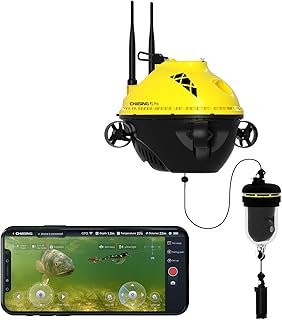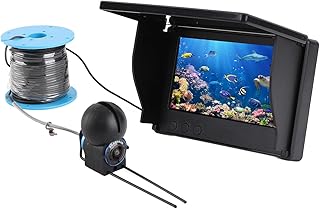Marine biology findings have been revolutionized by the use of emerging autonomous technologies for ocean monitoring. Essential Ocean Variables (EOVs) play a critical role in understanding marine ecosystems, necessitating sophisticated tools like Autonomous Underwater Vehicles (AUVs) and Unmanned Aerial Vehicles (UAVs). However, integrating these technologies into Marine Scientific Research (MSR) presents legal and policy challenges. Experts from academia, oceanographic institutions, and industry have identified six key legal hurdles in this field: operation and navigation of AUVs, data collection, security, environmental impact, animal tagging, and intellectual property rights.
Historically, ocean observation has focused on physical and chemical ocean variables, but there is a need to operationalize routine and large-scale observations of marine life. The United Nations Convention on the Law of the Sea (UNCLOS) serves as the cornerstone legal framework for ocean governance, but gaps exist in addressing emerging maritime technologies like AUVs and UAVs. The BBNJ Agreement aims to protect marine biodiversity beyond national jurisdiction, providing a more comprehensive framework for conservation.
The Kunming-Montreal Global Biodiversity Framework promotes the conservation and sustainable use of biodiversity, emphasizing the need for data collection to support international agreements. Advanced ocean observation technologies, including AUVs and UAVs, are crucial for measuring Biology and Ecosystems EOVs, providing direct measurements of marine life characteristics. These technologies offer insights into species abundance, distribution patterns, and ecosystem interactions, guiding conservation efforts.
Challenges related to the operation and navigation of autonomous technologies arise due to evolving legal frameworks and jurisdictional issues. Data collection for marine scientific research faces hurdles in obtaining permits and compliance with complex application processes. Security concerns and military operations impact data sharing, while the establishment of Marine Protected Areas (MPAs) raises ethical and legal dilemmas regarding data collection.
Tagging marine animals with sensors presents legal and ethical challenges, especially concerning data ownership
📰 Related Articles
- Bayview ECO Boat Show Showcases Cutting-Edge Sustainable Marine Technologies
- £2M Home Owners Win Legal Battle Over Football Nuisance
- Zanzibar Unveils Luxury Marine Reserve for Sustainable Tourism
- Young Engineering Professors Embrace Advanced Classroom Monitoring Technologies
- Warhammer 40000: Space Marine Remastered Edition Impressions





